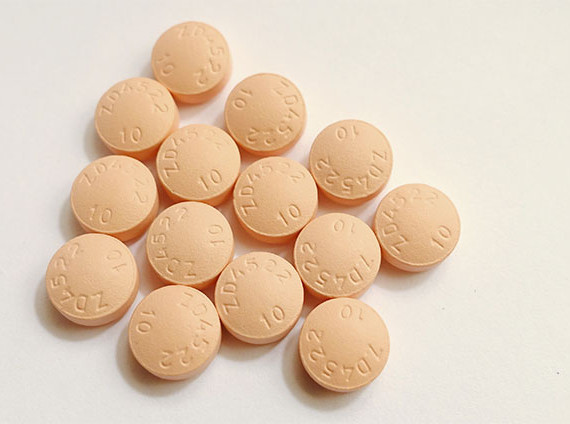
Heart disease is the leading cause of death in the U.S., and globally heart disease causes more than 18 million deaths per year. High ‘bad’ (low-density lipoprotein) cholesterol levels account for a majority of the causes of heart disease as well as stroke. Lowering LDL cholesterol levels with medications called statins has been shown to reduce the risk of cardiovascular diseases in patients that already had other vascular disease, diabetes or high BP. The role of lowering LDL cholesterol levels with statins for prevention of cardiovascular events among persons without cardiovascular disease, regardless of lipid levels, elevated BP or diabetes status, has not been established, until now.
At last weekend’s American College of Cardiology meeting in Chicago, results of the HOPE-3 trial were presented. In this important study (also published in the New England Journal of Medicine), treatment with rosuvastatin or Crestor, in intermediate-risk persons who did not have cardiovascular disease and who had baseline lipid levels within the normal range, resulted in a lower risk of events than those who took a placebo.
This trial also was important and broadly applicable as it included persons of diverse ethnic backgrounds in 21 countries on six continents with approximately half the participants being women and 80% being non-white.
You can use the free CardioVisual app to easily understand how plaque or cholesterol build-up leads to heart disease. Using short animation videos, CardioVisual also offers information about the various treatment options available.